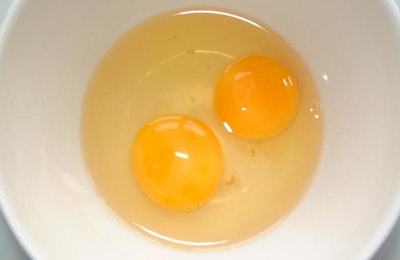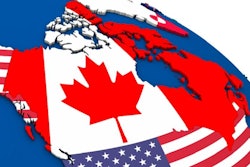
Food safety officials in the Netherlands were tipped off that the banned pesticide, Fipronil, was being used on the country’s poultry farms as long ago as November last year, and the company involved was also named.
These revelations were made this week by Public Health Minister, Edith Schippers, to the Dutch parliament, reports NL Times.
The food safety authority, NVWA, decided not to investigate the situation until the chemical was detected in eggs in June by the Belgian authorities, and the supplier, ChickFriend, was identified again. According to Schippers, only in July did NVWA stop production at 200 farms, halt exports and begin to recall eggs from retail shelves.
High levels of Fipronil can cause health problems in humans so while it is permitted in flea, ticks and lice treatments for other animals, the product is banned for use around food-producing animals such as poultry.
Schippers said an investigation into the Fipronil scandal will be completed by the end of this year.
In recent days, two people linked to the case were arrested in The Netherlands. According to NL Times, a third person has been arrested, and a Belgian company is also under investigation.
Losses are mounting among Dutch egg producers. The current estimate is EUR150 million (US$176 million).
According to the EU Rapid Alert System for Food and Feed (RASFF), it appears that Fipronil was included in illegal treatments against red mite, mainly on laying hen farms.
Worldwide reverberations
With Dutch eggs exported in large volumes to other European countries and beyond, the repercussions of the latest scandal are being felt worldwide.
Contaminated eggs have reached Hong Kong, reports SBS, leading the authorities there to carry out additional checks on eggs from Europe.
According to RASFF, farms outside the Netherlands have also used the service treatment company since January. These include premises in Belgium as well as four farms in Germany and one in France. Meat and eggs from all these farms have been tested, and may not be sold until found to be fully compliant with sanitary and residue requirements.
In Germany, Aldi immediately pulled all eggs from its supermarket shelves, citing fears of fipronil contamination.
The French government has added a further two egg processors to its list of affected premises - making a total of 18 - and updated the volumes of egg products involved to more than 45 metric tons. Forty wholesalers are also listed.
Even in countries that are close to self-sufficiency in shell eggs have been affected indirectly by the scandal. In the UK, the Food Standards Agency (FSA) estimates that 700,000 Dutch eggs have been imported, mainly as egg products. Some salads and sandwiches have been recalled, but the FSA considers that “it is very unlikely there is a risk to human health.”

















